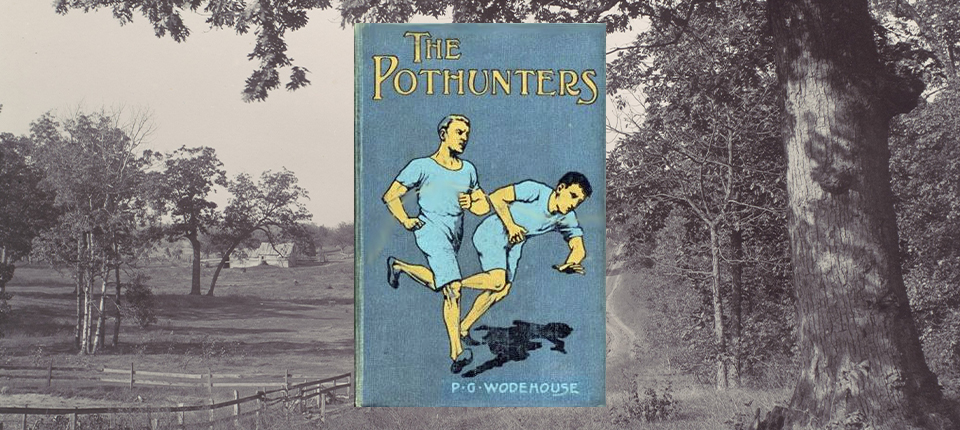The Best of the Literary Internet, Every Day

TODAY: In 1902, P. G. Wodehouse’s novel The Pothunters is published in London by A & C Black. Originally serialized in Public School Magazine, The Pothunters is his first published novel.
- Why composting “ is a creative, unscripted act” (that can build a snack bar for your neighbor’s pet pig). | Lit Hub Climate Change
- From her Cundill Prize-Shortlisted Wages for Housework, Emily Callaci chronicles how feminists fought to recognize the economic value of women’s domestic labor. | Lit Hub History
- “It’s a sickroom meditation; the author becomes a stranger in a strange land.” 5 book reviews you need to read this week. | Book Marks
- Margot Kahn reflects on leaving a particular poem out of her collection: “One of the poems I put in my stack involved my father’s dick.” | Lit Hub Craft
- Helen Seaborn on the regrets and advantages of waiting until her fifties to become a poet. | Lit Hub Memoir
- “In proportional terms, more died then than during the industrial slaughter of the First World War.” How the English Civil War determined Great Britain’s future. | Lit Hub History
- “Thank you for waiting. My name is Jimmie. How can I help you today?” Read from Katharina Volckmer’s new novel, Calls May Be Recorded. | Lit Hub Fiction
- Andrew Deck considers Karen Hao’s “meticulous history,” Empire of AI, and the true threat of OpenAI. | The Nation
- “The technology changes, the content changes, the purposes change, but the artistic urge to create a sense of the lifelike, the moving, the temporal in a visual art that is otherwise static remains unchanged.” Leo Braudy on the Lucas Museum and the question of narrative art. | Los Angeles Review of Books
- André Breton discusses astrology in a 1954 interview with Jean Carteret and Roger Knabe for L’Astrologie Moderne. | Harper’s
- On Italian writer and journalist Dino Buzzati and rethinking the middlebrow: “Buzzati’s fiction re-enters literary history not as a comforting escape, but as a sharp tool for existential inquiry across geographical borders.” | Public Books
- Julian Brave NoiseCat on colonized peoples, Salish languages, and what is held in a name. | The Paris Review
- “There is no longer a foreign ‘elsewhere’ where we can displace our anxieties. America is the imperial, authoritarian ‘Other.’” John Semley considers the state of cinematic villains. | The Baffler
Article continues after advertisement
